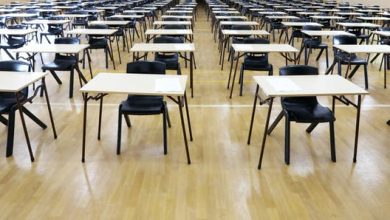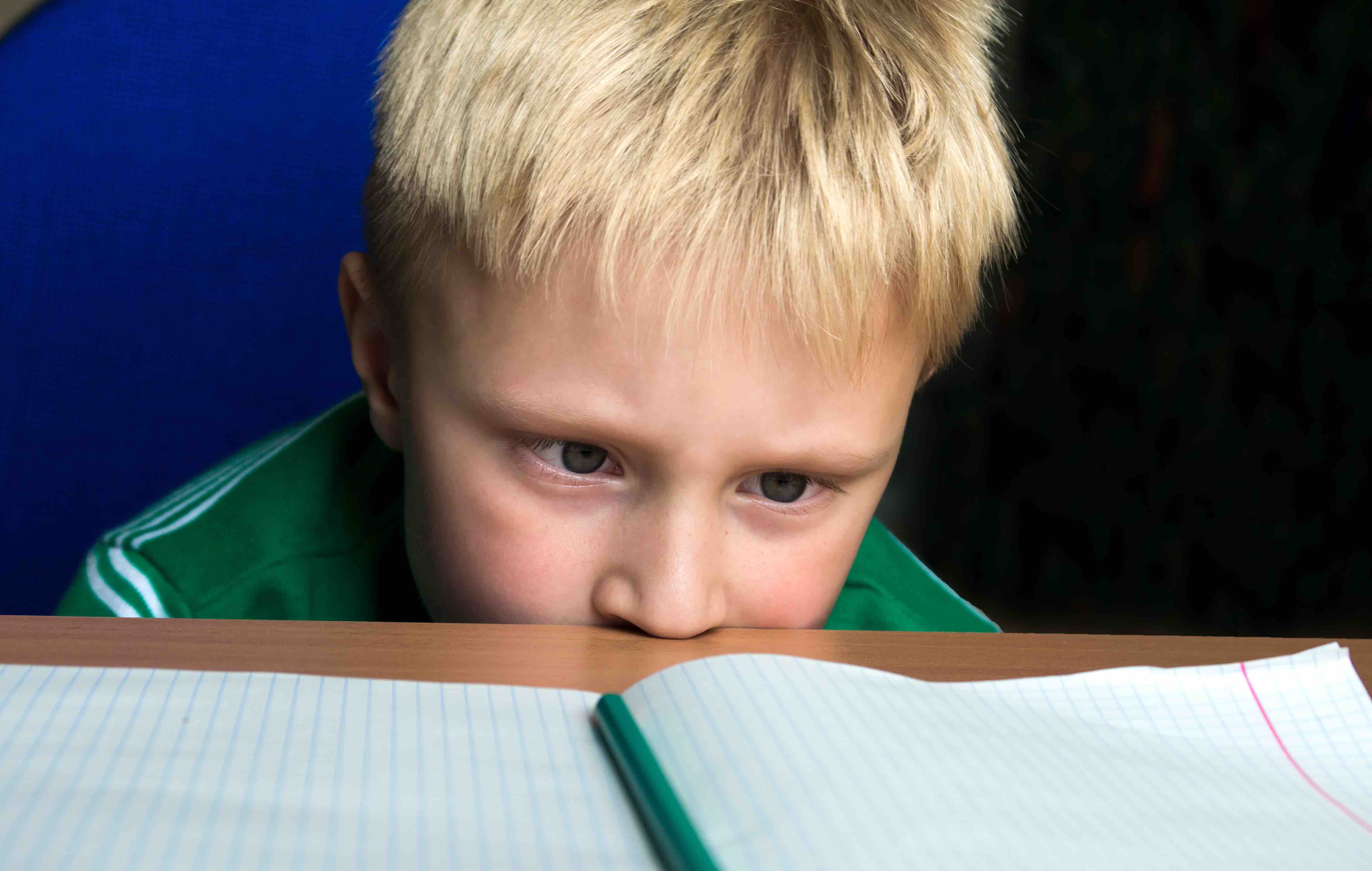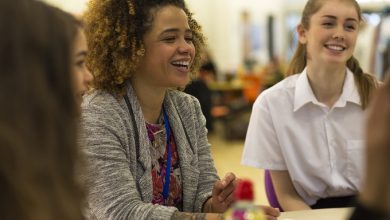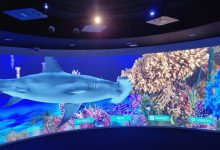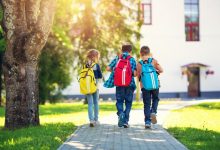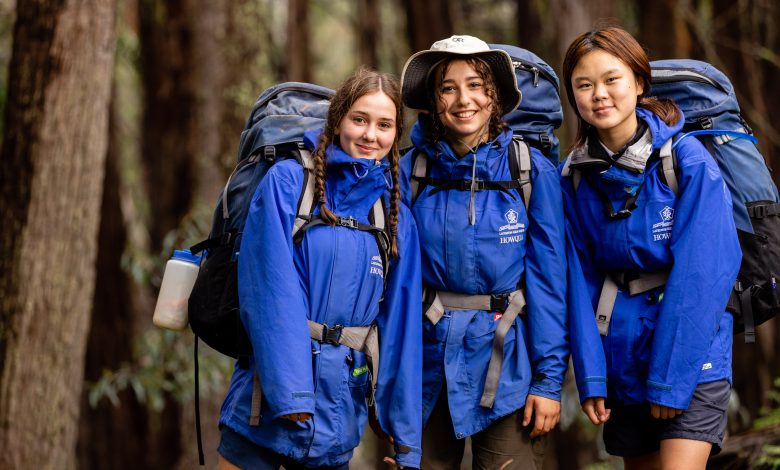
At a time when the teaching profession faces significant challenges, with rising attrition rates and many educators reconsidering their future, a small group of teachers in Victoria’s high country are redefining what education can achieve. At the Howqua campus, the transformative experience extends beyond the students to include the educators themselves.
Howqua Valley in the Australian Alps is home to a special campus, a place where staff and students live alongside each other, but it’s not a boarding school. Skills like teamwork, lateral thinking and problem-solving are taught, yet it’s not an elite management programme. Students engage in cross-country runs, downhill skiing and mountain biking, but it’s not a fitness camp.
Read the latest print edition of School News HERE
The Howqua Programme at Lauriston Girls’ School offers a distinct and life-changing experience. Every year, the entire Year 9 cohort of around 100 students move to this separate campus in the heart of the Victorian high country for an academic year.
A vision realised
“The girls spend five-week blocks of time on our Howqua campus before heading home for short breaks and scheduled school vacations,” explains Lauriston Principal, Susan Just. “The overarching purpose of the Howqua programme is to enable girls to build on their levels of independence and self-confidence. The skills and attributes our students learn from living in a residential campus, participating in outdoor activities and managing their academic progress, are all lifelong skills that can be used on their return to Years 10 to 12 and throughout their lives.”
Developed in the early 1990s under then-Principal Ruth Tidemann, the programme found its home on land three hours from Lauriston’s main Armadale campus and 30 minutes from the town of Mansfield. While students come and go each year, more than 20 teachers and support staff call the alpine campus home. This environment fosters deep, meaningful connections.
A community like no other
“Living and working on campus allows for deep connections to flourish—not just among staff and students, but also between families. It’s not just our workplace; it’s our home,” say Jamie and Tom Watson, Howqua residents who teach Art and PE/Health, respectively, while also serving as house mentors. “Our children play a big part in this community too. They love visiting the student houses, joining in on card games, playing sports, or even indulging in fun activities like getting their nails painted by the students.”
The Howqua staff—a diverse team that includes educators, chefs, ground staff, and a psychologist—works collaboratively to support the students. Caroline Hodges is the Howqua Student Welfare Coordinator and Health and Science Teacher.
“As a staff member we are witness to the significant growth and development of the students in our care. From their academic growth to their social and emotional growth and increased independence and resilience, we see the complete growth in a young person over the course of the year.” Hodges has been a staff member at Howqua for eight years. “The support provided by staff, of each other, is extraordinary. Being a small group of educators, strong and collaborative relationships are built between each other, a group of like-minded staff whose focus is undoubtedly our students.”
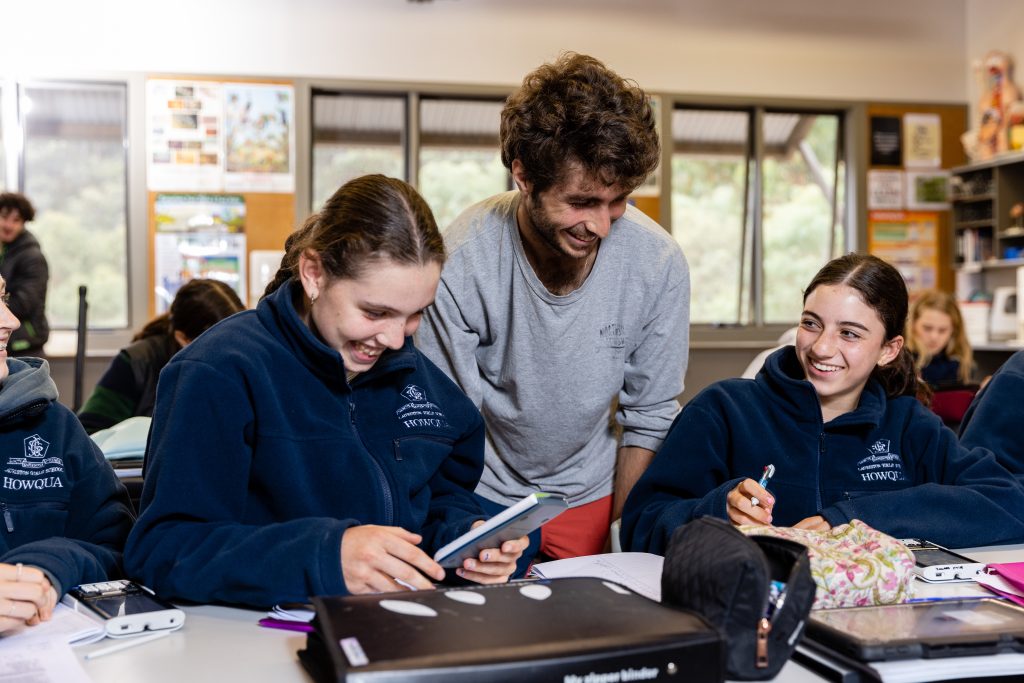
Disconnecting to connect
One of Howqua’s defining features is its remote location and emphasis on outdoor activities. Students build skills in hiking, camping, mountain biking, snow sports, and rock climbing, all while embracing sustainable practices on the bush property which has been awarded five stars for sustainability. Additionally, students actively contribute to the campus’s upkeep through daily responsibilities, reinforcing accountability and teamwork.
“Being surrounded by the natural environment, our students learn about the value of sustainable practices and the important role they play as stewards of the environment,” says Just.
Limiting access to technology is a vital component of the programme. Students use iPads for research projects or online learning activities during class, but they do not have free access to the internet or social media outside of the classroom. They are encouraged to write letters home to their family rather than depend on email.
“Students will often comment that they find they are a lot more productive in class without the outside distraction of technology,” Eleanor Richards, Howqua Coordinator of Curriculum and Learning, explains.
“Technology is an enabler rather than a distraction,” adds David Joyce, Vice Principal and Head of Howqua Campus. “Devices are returned to charging docks before students transition to outdoor activities or time in their houses. Afternoons are spent socialising face-to-face or being physically active, encouraging students to engage meaningfully rather than relying on the virtual world.”
For many students, this shift is liberating.
“Spending time away from the urban lifestyle allowed me to realise how much I relied upon and defaulted to technology,” says Daisy, who completed Howqua in 2023. “I was blind to the fact that looking at my phone before going to sleep at night and scrolling on social media platforms was drawing me away from the person I strive to be. Strangely enough, each time I would step foot on the Howqua campus, I would feel an overwhelming sense of relief. I would immediately forget that phones even existed, and I felt no desire to be on one.”
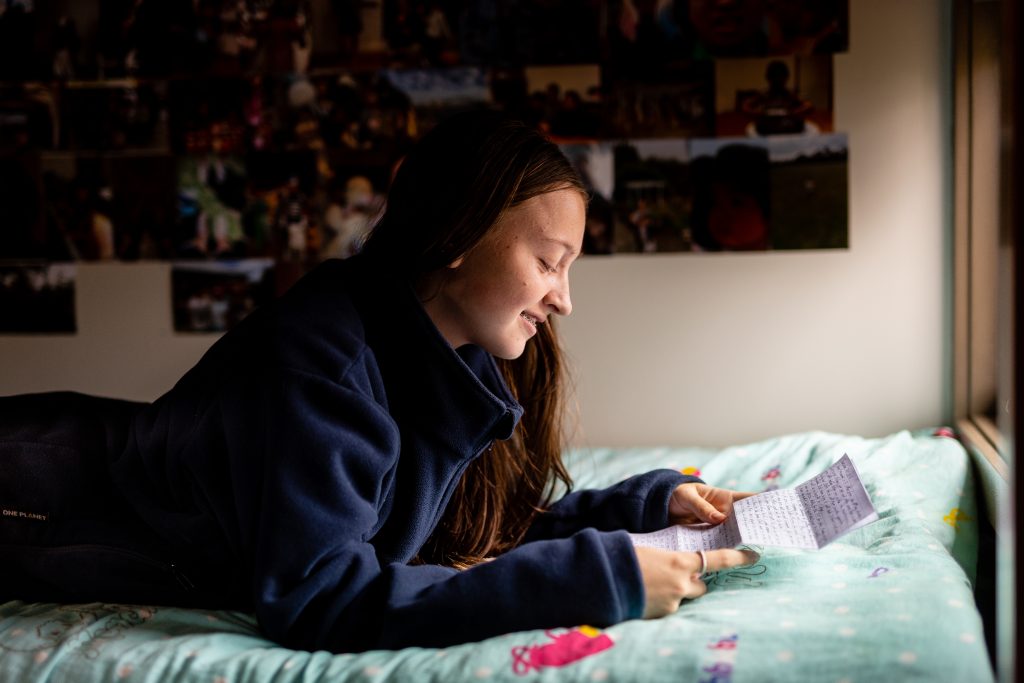
Beyond the curriculum
Despite its remote location, academic rigor remains a cornerstone of the Howqua programme.
“While the programme is widely known and respected as an iconic Year 9 experience that fosters meaningful connections with people and the environment, it is the classroom experience that has stood out to me the most,” says David Joyce. “As a relatively new member of the Lauriston and Howqua community, I have been deeply impressed by the academic rigour and high standards at Howqua.”
Students pursue a full Year 9 curriculum, including core subjects like English, Mathematics, Science, History, and Geography, alongside Art, Music, Drama, and Physical Education. Extension Mathematics and learning support are also available for those with specific needs.
The academic programme is enhanced by the natural environment of the campus. “What makes our curriculum different is the fact that we can use our natural environment for some aspects of the Science curriculum, and also travel to regional areas with historical importance,” explains Principal Just. “Through the Outdoor Programme our students can enhance their learning in Geography, Science and Art. Being surrounded by the natural environment, our students learn about the value of sustainable practices and the important role they play as stewards of the environment.”
The campus’s bush setting and 24/7 immersion allow students to participate in learning beyond the standard academics of the immediate school environment. The Howqua year becomes a crucial step towards becoming a global citizen.
“The students also spend time in the town of Mansfield and identify the benefits and challenges of rural living and the large impact that small alterations to climate, politics and the economy can have on the people and businesses in the area,” says Eleanor Richards.
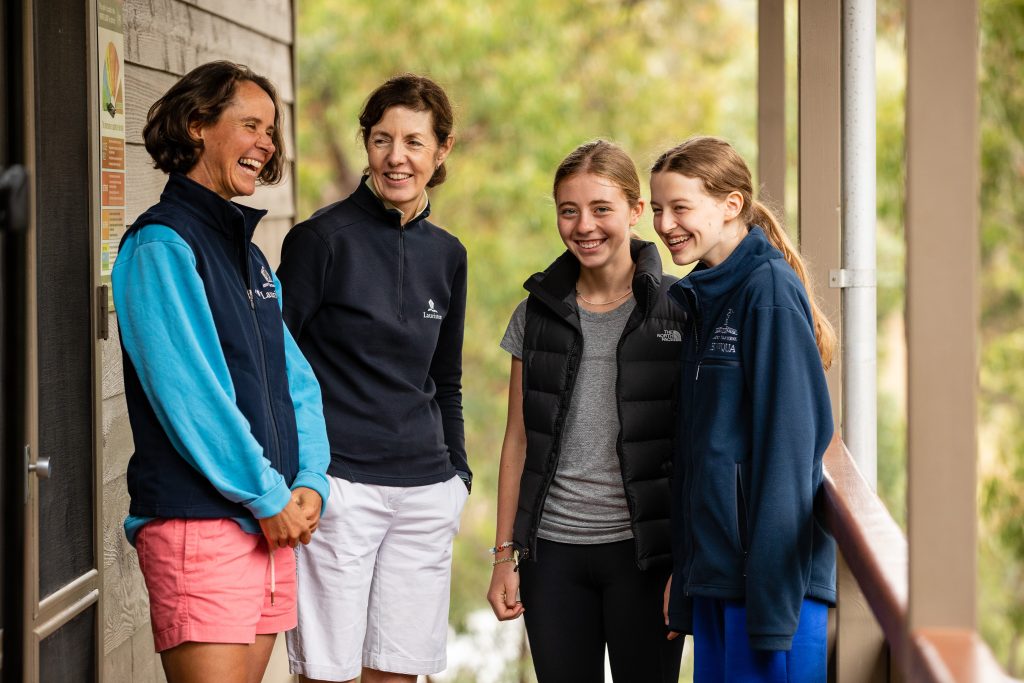
A lasting impact
The transition back to Lauriston’s main campus can be daunting after such a transformative year. However, careful planning ensures returning students integrate smoothly into senior schooling. Joel Irons is the Year 10 Coordinator at the Lauriston main campus. His breadth of experience in education and pastoral settings, combined with his patient and understanding nature has helped to create a stable platform for returning students to thrive in Year 10.
“Through the Howqua programme, I learned that adaptability is crucial to navigating challenges and making the most of new experiences,” says Year 11 student, Jacquie. “Over the year, students faced situations such as unexpected weather, physical challenges, and changes in routine, all of which required quick thinking and resilience. Developing adaptability not only helped me tackle these challenges but also strengthened my relationships. By understanding others’ perspectives and working together to find solutions, we created a more connected and supportive environment.”
It’s a level of awareness rarely seen in teenagers, and so too are the so-called soft skills the girls develop over their year at Howqua: collaboration, self-awareness, resilience, voice and empathy. “These are key to self-actuation and qualities that make exceptional leaders in today’s ever-changing world,” explains Irons.
“Howqua is a platform for young people where these skills can be fostered. As our Howqua attendees return to Armadale, they arrive with a “full pack” of these skills allowing them to excel in senior years and beyond. Young women leave Lauriston well-equipped to enter the world with poise, ready to make their mark on all aspects of society, making positive impacts in their choice of pursuits.”


